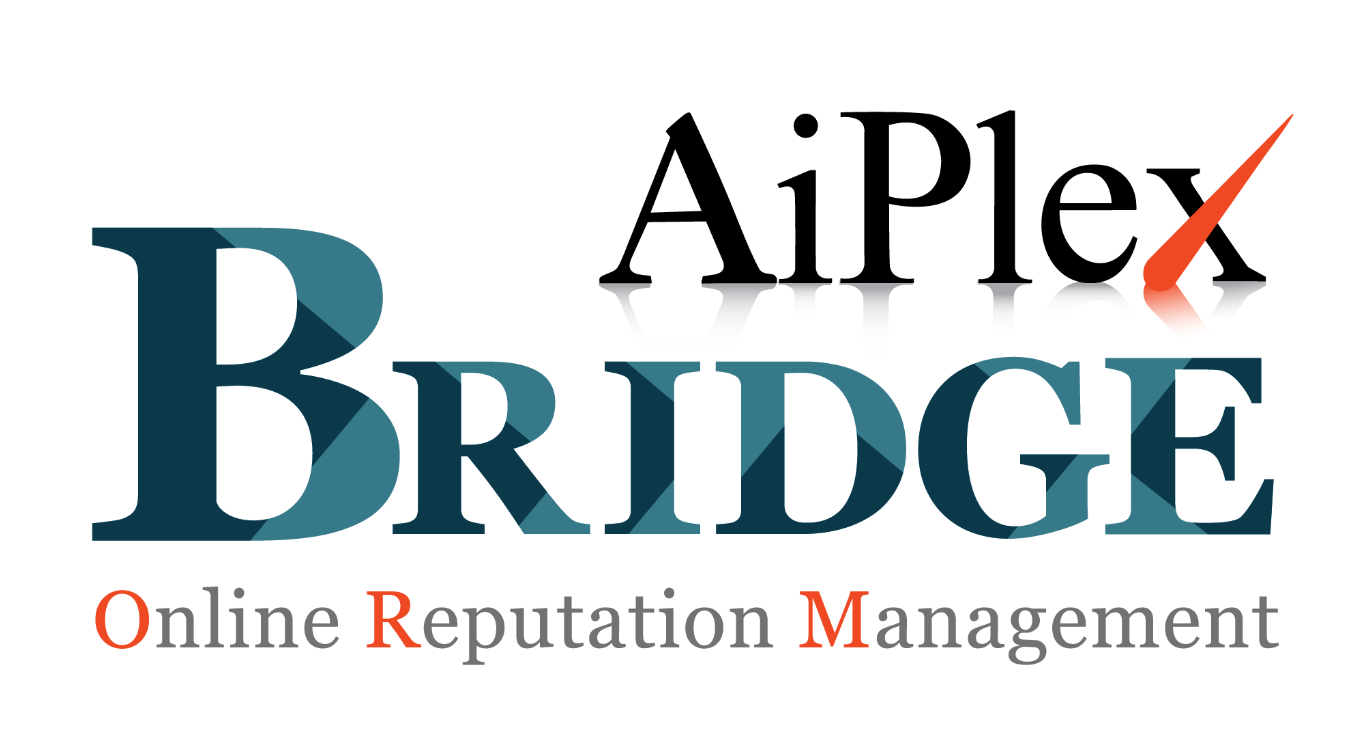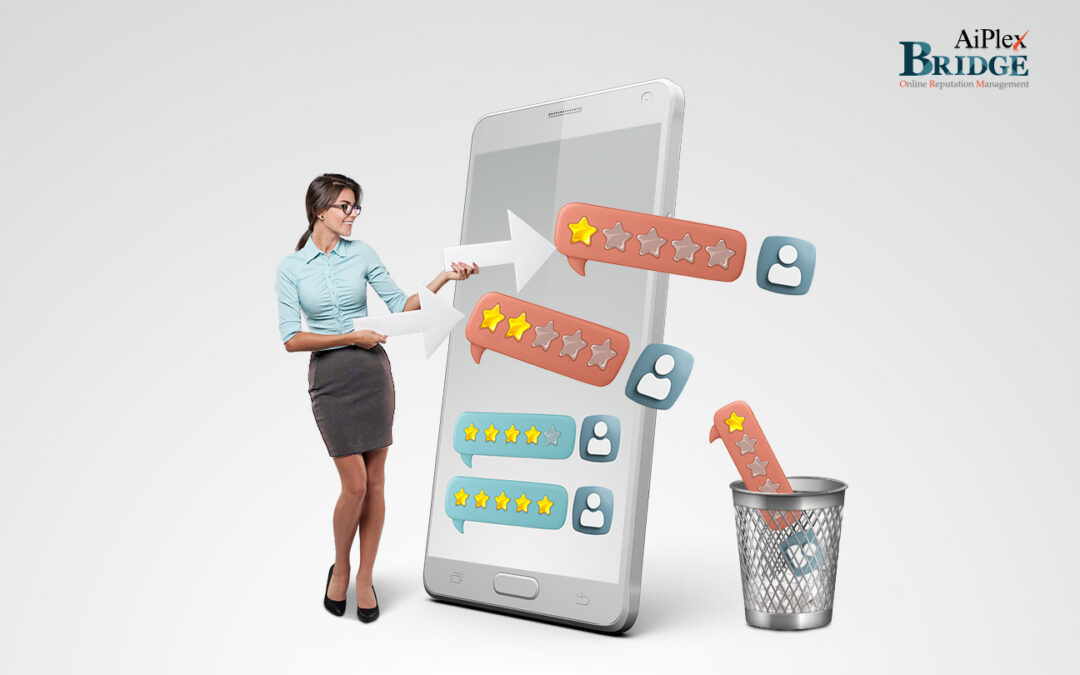
Online Reputation Management Tools for Small Businesses vs. Big Enterprises
by AX Admin | Dec 26, 2023 | Online Reputation Management
Businesses of all sizes are increasingly realising the importance of building and maintaining a positive online reputation. In line with this realisation, the demand for ORM (Online Reputation Management) tools has shot up. Many ORM tools catering to both small organisations as well as big enterprises have sprung up in the market.
Here, we will explore the differences between ORM products developed for small organisations and those developed for big enterprises.
The Basics First:
Why do we use ORM tools? ORM tools are used for monitoring and managing an organisation’s online presence, building a positive online presence, preempting and mitigating any reputational issues.
ORM Tools: A Spectrum of Solutions-Small Organisations to the Big Enterprises
Smaller businesses need cost-effective yet very effective ORM tools. The tool in addition to being user-friendly, should be light on the pocket, easy to deploy, easy to train resources and must have all the core functionalities for an effective online reputation management.
Big enterprises on the other hand would require an ORM tool with overarching capabilities. Enterprises often deal with a greater volume of data and a more diverse set of touchpoints. Complex ORM technologies developed for big enterprises should have robust and scalable sentiment analysis, crisis management, and global brand monitoring capabilities.
Comparative Analysis: Small Business vs. Big Enterprise ORM Tools
Key Factors | Small Businesses | Big Enterprises |
Scalability | Small businesses benefit from tools that are not only cost-effective but also designed for gradual scalability. This allows them to grow their online presence without incurring substantial costs upfront. | Big enterprises need robust ORM solutions capable of handling substantial data with an ability to seamlessly scale accommodating diverse touchpoints globally. |
Customization and Flexibility | Small businesses require tools that are not only easy to use but also tools that can adjust to the unique demands and nuances of smaller business environments. | The tools have to be highly customizable and easy to integrate with their existing tools and systems. They also should accommodate language customization given the global ops of these enterprises. |
Depth of Analysis | For small businesses, the focus of ORM tools is often on localised insights. These tools delve into specific demographic regions, providing insights that help refine marketing strategies and resonate more effectively with the local audience. | For big enterprises, they should perform global sentiment analysis across multiple languages and cultural contexts, ensuring a comprehensive understanding of the brand’s reputation worldwide. |
Crisis Management Capabilities | Pre-empting and mitigating any potential reputation crisis is crucial for small businesses. A nimble reputation handling process assisted by an efficient ORM tool is critical for small businesses. | Crisis management features become pivotal for enterprises. These tools are equipped with robust capabilities to identify and manage reputational threats on a global scale, implementing crisis response strategies that align with the magnitude of the situation. |
Integration with Marketing Strategies | Small businesses seek tools that seamlessly integrate with their local marketing efforts. This ensures consistency in messaging and enhances a cohesive online presence within the local market. | ORM tools for enterprises should seamlessly align with broader marketing campaigns, ensuring consistency in messaging across diverse markets and touchpoints. |
Choosing a Reputation Management Tool That Meets Your Business Needs
Finally, selecting the right ORM tool will depend on the specific needs of your business and scale of your organisation.
Irrespective of the tool that you choose, a professional online reputation management agency backed by years of experience in this niche space could help your business greatly enhance your online reputation. I hope the above insights and comparisons will help you take an informed decision while formulating and implementing a foolproof ORM strategy.





